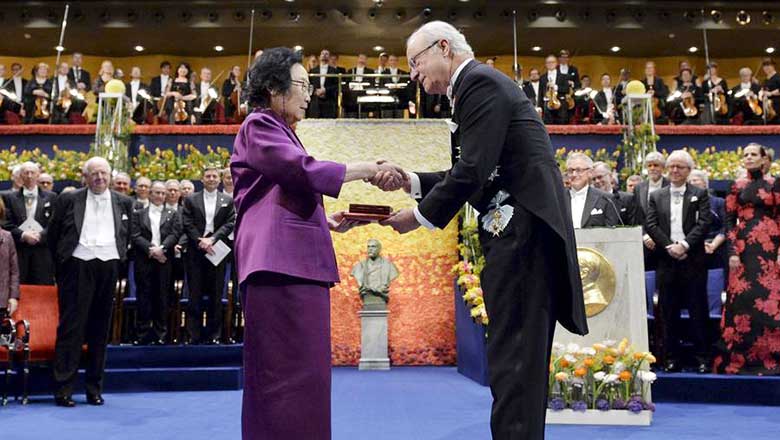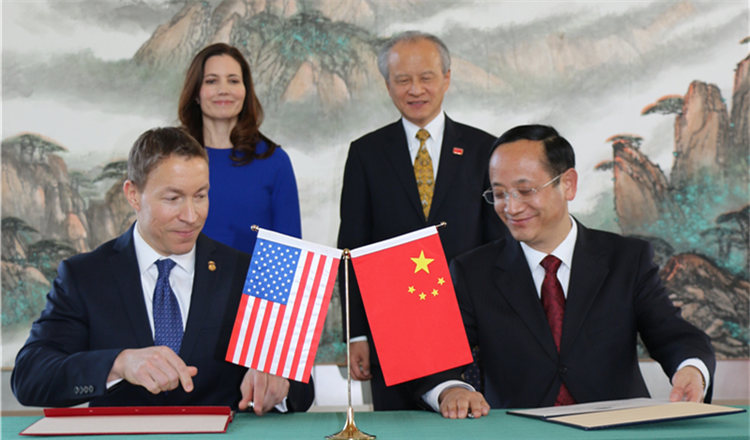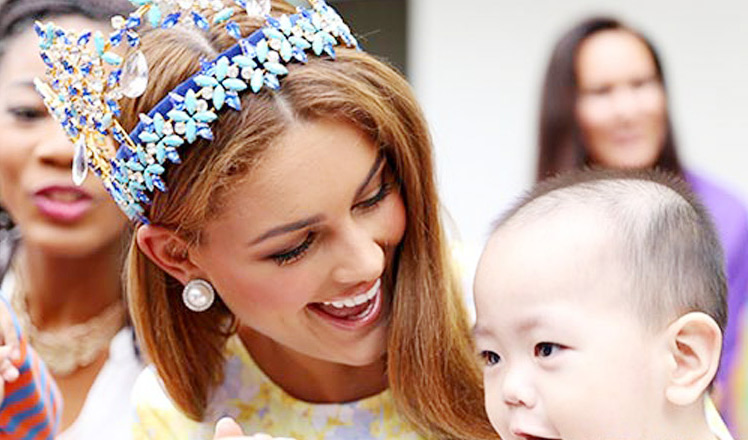Dads taking the back seat in parenting
Updated: 2015-12-12 01:22
By Li Xueqing in Shanghai(China Daily USA)
|
||||||||
Men are now less engaged with their children’s growth and education as compared to 10 years ago, according to results of a recent survey on family education in Shanghai.
Jointly conducted by Shanghai Academy of Social Sciences and Shanghai’s Women Association, the survey polled 2,400 parents in Shanghai who have children aged between three and 15.
Only 9.6 percent of the fathers polled play a big role in taking care of their children, down 2.6 percent from 2005, while less than 24 percent of them are in charge of their children’s education, down from 30.2 percent 10 years ago. With regard to mothers, 47.2 percent of them shoulder the primary responsibility of educating the children, a more than two-fold increase as compared to 2005.
“Many fathers who were born in the 1980s are the only child in their family. They are inexperienced in taking care of a baby and some are still children themselves,” said Li Zihua, who complained that her husband rarely offers a helping hand when it comes to taking care of their eight-month-old daughter.
Wu Zhaohong, a father of a one-year-old boy, disagreed that all men are reluctant to play a bigger part in raising their children.
“Many dads who were born in the 1980s are very willing to take care of the babies. They are more likely to split the work, such as feeding the baby and changing diapers, with their wives. Some of the dads I know spend even more time with their kids than moms do,” said Wu.
However, he admitted that fathers are more likely to let the mothers assume control of raising their children when the kids are older, citing career commitments.
“Generally speaking, men have better career prospects than women of the same age. When children need the most support from the parents to improve their performances at school, fathers in their 40s are usually at the critical moment of their careers. Then, it’s often the mothers who give up their careers partially or entirely to help with the homework or to take their kids to extracurricular classes,” he said.
The survey results, which were released at the 10th Shanghai International Forum for Children, also showed that nearly two thirds of parents believe that the primary task of family education was to impart moral values. About the same number of parents think that good physical health should be the defining standard for successful family education.

 Nobel Prize 'to spur TCM development'
Nobel Prize 'to spur TCM development'
 US returns 22 recovered Chinese artifacts
US returns 22 recovered Chinese artifacts
 Internet makes life in Wuzhen more convenient
Internet makes life in Wuzhen more convenient
 Miss World contestants at Sanya orchid show
Miss World contestants at Sanya orchid show
 AP photos of the year 2015
AP photos of the year 2015
 Miss World contestants visit welfare center in Hainan
Miss World contestants visit welfare center in Hainan
 Giant pandas brave the cold by settling in freezing north
Giant pandas brave the cold by settling in freezing north
 World Internet Conference host Wuzhen: Charming water town
World Internet Conference host Wuzhen: Charming water town
Most Viewed
Editor's Picks

|

|

|

|

|

|
Today's Top News
Shooting rampage at US social services agency leaves 14 dead
Chinese bargain hunters are changing the retail game
Chinese president arrives in Turkey for G20 summit
Islamic State claims responsibility for Paris attacks
Obama, Netanyahu at White House seek to mend US-Israel ties
China, not Canada, is top US trade partner
Tu first Chinese to win Nobel Prize in Medicine
Huntsman says Sino-US relationship needs common goals
US Weekly

|

|







